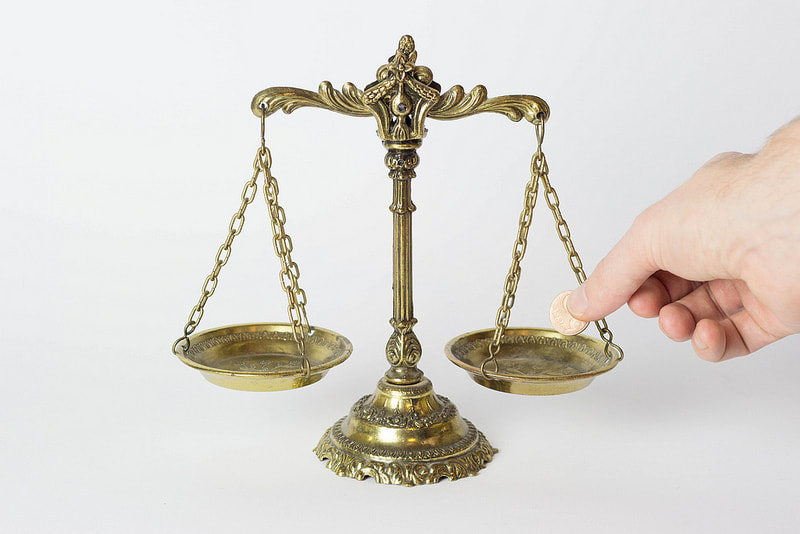| “It’s not just about whether a politician is lying or not. It’s whether he’s lying on my behalf.” – Monika McDermott, professor of political science at Fordham University. Perhaps the most misleading notion pervading political discourse today is that politicians should be judged harshly for violating certain key principles of honesty — marital fidelity, the proper use of campaign funds, etc. — only if they have |
| | previously touted these as core principles that define why people ought to vote for them. Under that reasoning, a “family values” Republican might get booted from office for an extra-marital affair while a progressive who hasn’t made such claims and, coincidentally, fights for women’s rights, would get a pass. Why is this misleading? Because the way we react to dishonesty in high places says more about our own core principles than it does about those of a public official. It is the voter who shops for a candidate that reflects his or her political philosophies and character requirements. Voters hire and fire candidates, not the other way around. So, where do we stand on matters of integrity? How willing are we to compromise that stand for the sake of party loyalty? And if we are willing to trade outrage over immoral behavior for the sake of a policy or philosophy, what else would we trade away? Which leads me to the results of a nationwide Deseret News survey published Wednesday. It found that 55 percent of Republicans said they would vote for a presidential candidate in 2020 even if that person “would lie to cover up the truth.” Those who would dare say Donald Trump had nothing to do with that figure should consider that a Fox News survey asking the same question in pre-Trump 2015 found only 12 percent of Republicans with the same opinion. Democrats come off looking positively virtuous by comparison, with only 30 percent in the Deseret News survey saying they would support a liar who otherwise represented their views. But don’t kid yourself. Go back 20 years and ask the same question. I’m betting a lot of Democrats would have been squishier on the honesty question while Bill Clinton was enduring his impeachment trial. Certainly, some feminists were willing to give him a pass that looks flimsy in light of today’s anti-sexual-harassment movement. Tom Wood, an assistant professor of political science at Ohio State University, told the Deseret News this phenomenon isn’t something new. Americans historically have been more accepting of the character flaws of their favorite candidate than of someone they oppose. And, generally speaking, they expect a certain amount of lying from politicians who, like business owners, often try to make the product look better than it is. Fair enough, but shouldn’t there be a difference between lies about, say, taking credit for a booming economy or estimating attendance at an inaugural and lies that hurt other people or are evidence of deep character flaws? Isn’t there a spectrum of dishonesty in public office that begins with white lies on one end and ends with things that hide criminal activity and might compromise national security on the other? Finding your personal point of intolerance on that spectrum is what makes civic engagement a challenge, but it becomes almost impossible if nothing matters as much as party loyalty. So, while it’s true that dishonesty in politics is not new, it’s also hard to argue with Wood when he said, “We live in an age of exquisite polarization. It’s almost unthinkable for most partisans to consider walking to the other side.” Overlooking bad behavior becomes easier if you have convinced yourself the other side has no redeeming value and represents a sinister philosophy. If the choice really is between supporting a dishonest scoundrel and supporting someone who would destroy the nation, the notion of overlooking bad behavior becomes easier to accept. Except that this choice, despite being the furtive plea of many a campaign through the ages, is a fiction. By coincidence, the honesty survey was published about the same time a small group of Utah County Republicans announced the formation of an organization called “Character First.” Founder Sven Wilson wants party delegates and others to sign a pledge to support only candidates with strong values. I admire the effort, but a pledge will do little unless people are committed to stop tolerating dishonesty even when they stand to benefit. |


 RSS Feed
RSS Feed

